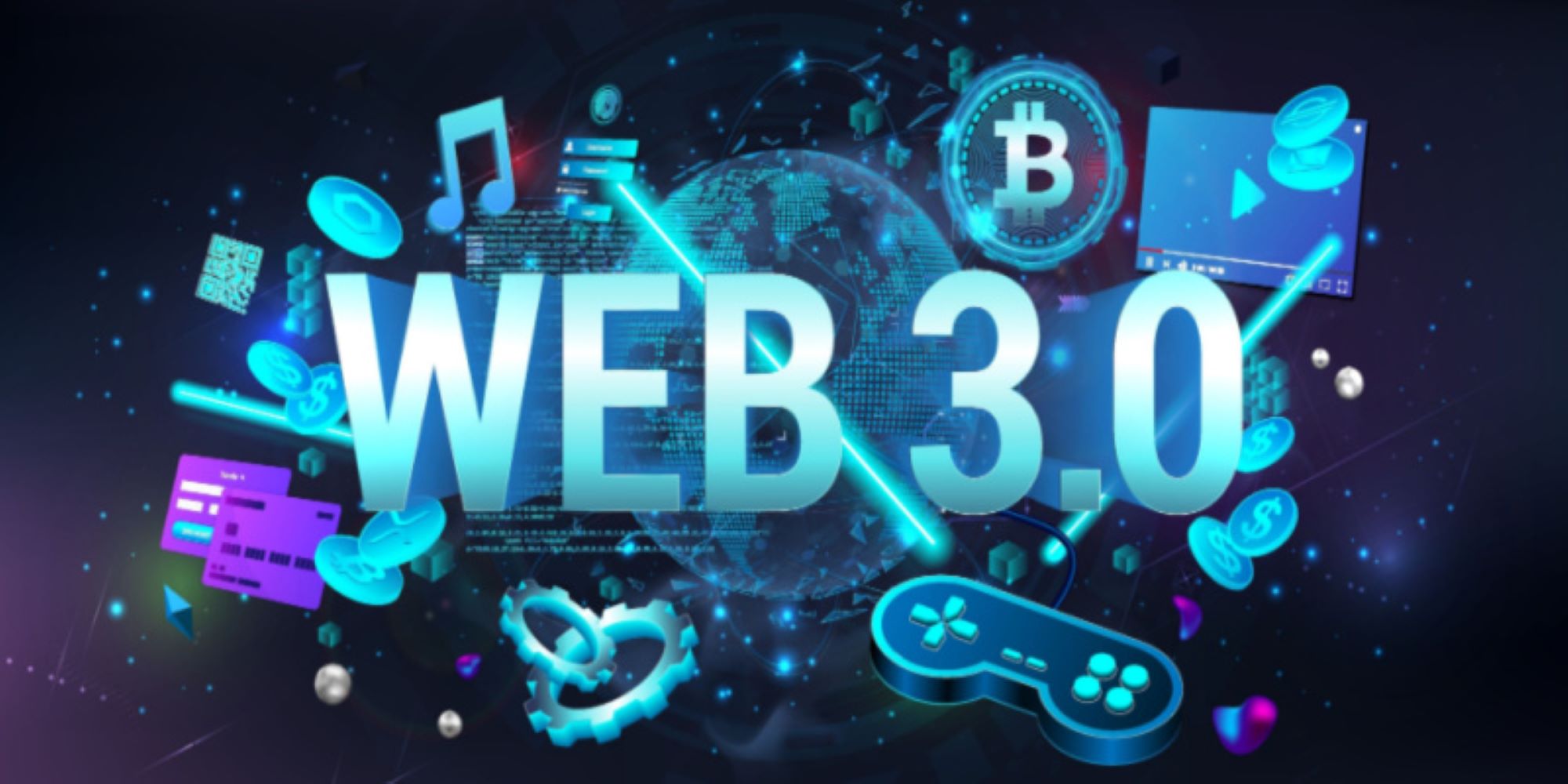The internet is undergoing a fundamental shift. As we transition from Web2.0 — characterized by centralized platforms and user-generated content — to Web3.0, a decentralized, user-first paradigm is emerging. At the heart of this transformation lies custom software development, enabling businesses to harness the true potential of blockchain, decentralized apps (dApps), AI, and token-based economies.
In this blog, we’ll explore how Web3.0 is redefining software development and how businesses can stay ahead by embracing tailor-made digital solutions.
What Is Web3.0?
Web3.0 represents the next evolution of the internet, designed to be:
- Decentralized – Powered by blockchain technology, data is no longer stored in centralized servers.
- Permissionless – Users can interact and participate without needing authorization from intermediaries.
- Trustless – Smart contracts enable automation without relying on third-party trust.
- Semantic – With AI and machine learning, Web3.0 can understand user intent better, delivering more contextual and intelligent results.
Web3.0 is not just about crypto — it’s a movement toward giving users ownership of their data, control over their digital identity, and access to transparent, peer-to-peer applications.
The Role of Custom Software in Web3.0
While off-the-shelf solutions serve basic needs, Web3.0 demands custom-built software that aligns with decentralized architecture and emerging protocols. Here’s why:
1. Integration with Decentralized Networks
Custom development allows businesses to build solutions that connect with blockchains (Ethereum, Solana, Polkadot, etc.), oracles, and Layer 2 scaling platforms. This is crucial for dApps, DeFi platforms, NFT marketplaces, and DAOs.
2. Smart Contract Development
Smart contracts are self-executing programs on the blockchain. Custom software teams can write secure, audited contracts tailored to your unique business logic — something generic platforms can’t offer.
3. User-Centric Design
Web3.0 applications demand intuitive UX/UI, especially since interacting with crypto wallets or dApps can be complex for mainstream users. Custom-built interfaces ensure a seamless user experience.
4. Security and Compliance
Decentralized systems are transparent but also vulnerable. Custom development ensures high-security standards (smart contract audits, multi-sig wallets, identity verification) and helps meet evolving legal frameworks (like GDPR, MiCA, etc.).
5. Tokenomics and Incentivization
Whether you’re building a DAO or launching a utility token, you need custom logic for token issuance, governance, and staking — which only bespoke software can deliver.
Emerging Use Cases
Web3.0 is already revolutionizing multiple industries. Some notable examples where custom software shines:
- Finance: Decentralized Finance (DeFi) platforms, custom-built for yield farming, lending, and derivatives.
- Gaming: Play-to-earn games and NFT ecosystems with smart contract backends.
- Real Estate: Tokenized ownership and property registries on blockchain.
- Healthcare: Secure data sharing with patient consent via decentralized identity systems.
- Supply Chain: Transparent, tamper-proof tracking systems from source to delivery.
Future Trends in Web3.0 Development
As Web3.0 matures, expect to see:
- Interoperability – Custom solutions will integrate multiple chains and protocols.
- Zero-Knowledge Proofs (ZKPs) – Privacy-focused applications will demand advanced cryptography.
- AI x Web3.0 – Smart agents using AI for predictive analytics and autonomous decision-making in dApps.
- Metaverse-Ready Apps – Bridging NFTs, VR/AR, and digital commerce into cohesive user experiences.
How Businesses Can Prepare
To stay competitive in the Web3.0 era:
✅ Invest in custom development to build scalable, secure, and user-friendly decentralized solutions.
✅ Collaborate with Web3-native teams experienced in blockchain architecture, smart contracts, and emerging protocols.
✅ Experiment with tokenization and gamification to drive user engagement.
✅ Focus on interoperability and long-term maintainability of custom dApps.
Final Thoughts
Web3.0 isn’t just a trend — it’s a paradigm shift in how the internet works. Businesses that embrace custom software development tailored for decentralization, transparency, and user empowerment will lead the next digital revolution.
At Winklix, we help businesses navigate the Web3.0 journey through end-to-end development of dApps, smart contracts, blockchain integrations, and more. Let’s build the future, together.
Ready to bring your Web3.0 idea to life?
📩 Contact us for a free consultation or to explore our Web3.0 development portfolio.


